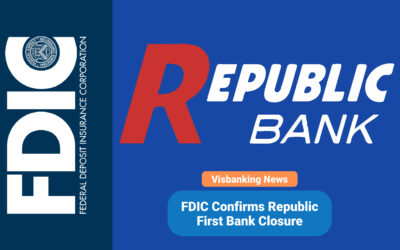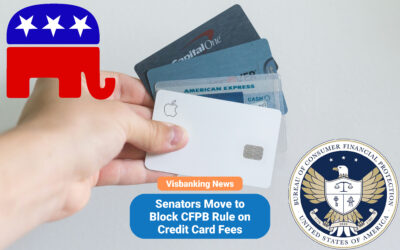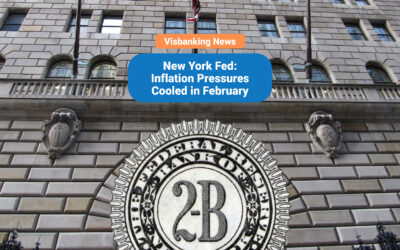By: Ken Chase.
Estimated reading time: 2 minutes
In its most recent U.S. Credit Card Satisfaction Study, J.D. Power found that the overall share of U.S. consumer credit card spending declined significantly. In a press release announcing the release of the study, the company cited consumer financial stress and a move to buy now, pay later and other alternative payment options as factors impacting the decline.
According to J.D. Power banking and payments intelligence director John Cabell, uncertain economic conditions throughout the pandemic and subsequent slowdown have led to the decreased use of credit cards:
“Despite recent spikes in travel and spending, cardholders generally have been taking a more cautious stance with credit card spend in the past five years. They are increasingly turning to other channels such as debit cards, BNPL and even cash. It is going to become critically important for card issuers to improve product value and boost proactive support for a growing segment of financially stressed customers as we move into this next phase of the economic cycle.”
The study found that overall credit card spending share dropped from 47 percent in 2021 to just 42 percent today. That decline has been a constant throughout the pandemic, according to most estimates. In 2019, credit card spending accounted for roughly 50 percent of consumer monthly spending.
The report also notes a rise in the number of credit card customers who can be classified as “financially unhealthy,” with 57 percent of U.S. credit card users now falling into that category. Unsurprisingly, 22 percent of surveyed consumers reported that their financial situations are worse than they were in 2021.
The Power study revealed that buy now pay later options are being considered by an increasing number of credit card users, especially for large purchases. Other alternative options of interest include personal loans and flexible financing programs. Some 44 percent of credit card users report that they are open to BNPL and other alternative payment arrangements.
The good news for credit card issuers is that consumer satisfaction with their credit cards is apparently on the rise, even as inflation and a weakened economy have helped to slow credit-based spending. The top-ranked providers included American Express, Discover, and Bank of America, in that order.




